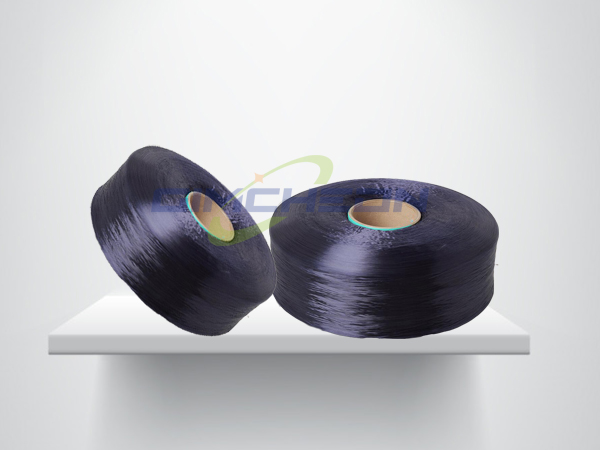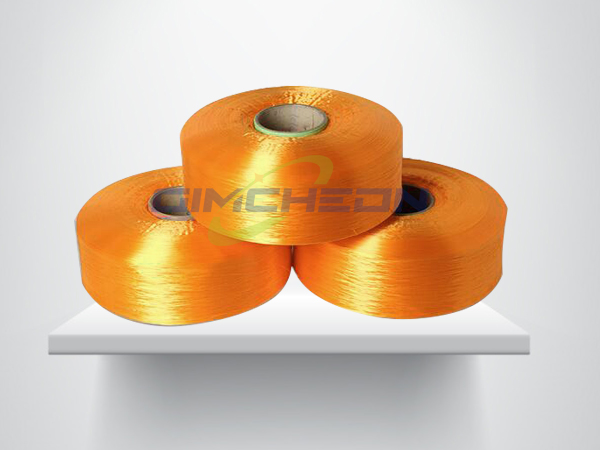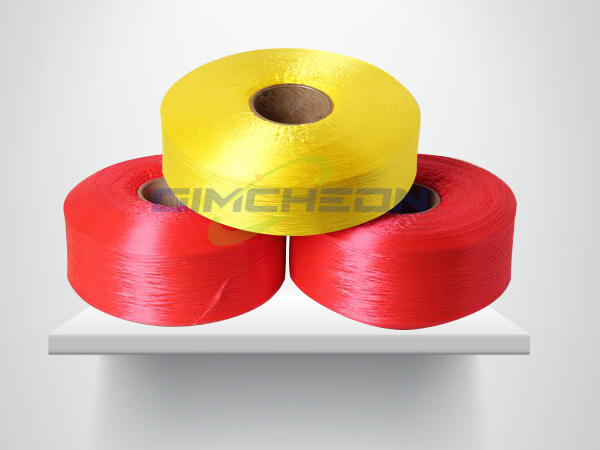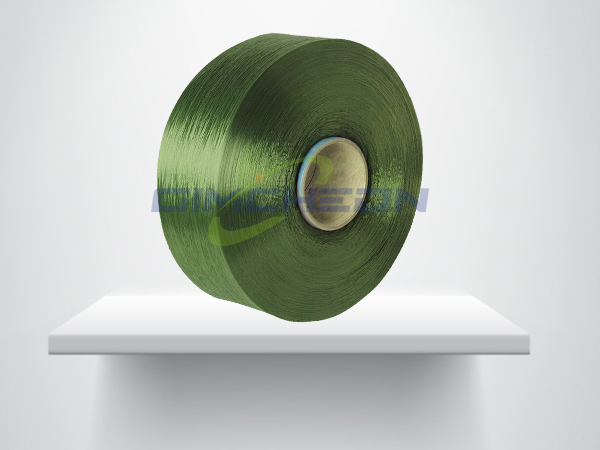

- Tel:0086-0595-83993333
- cel:0086-13506902333
- E-mail:admin@jqfibre.com
- add:Longshi Road, Fashion Apparel Industrial Park, Longhu Town, Jinjiang City, Fujian
Recently, a batch of self -produced fabrics with a value of RMB 200,000 are applied for exports in Jimo Customs in Qingdao Customs. After the processing of customs clearance supervision procedures, it will be launched from Qingdao Port to Vietnam. This batch of fabrics are produced by Qingdao Guihua Knitting Co., Ltd., and the export destination is the company's overseas processing plant in Vietnam. "The company's overseas factories can finally use the fabrics produced by domestic parent companies." Li Yuqin, director of the business department of Qingdao Guihua Knitting Co., Ltd., said happily.
Qingdao Guihua Knitting Co., Ltd. is a comprehensive knitting company. In order to reduce production costs, and can enjoy the tariff preferences to ASEAN member states, the company has invested in knitting clothing processing plants in Southeast Asian countries such as Vietnam. The products are mainly sold to Japan and other RCEPs. Market of member states. Although domestic parent companies are mainly engaged in production of knitted fabrics, in order to enjoy tariffs on Japanese native knitted clothing to Vietnam, the company can only purchase and produce fabrics from Vietnam, which affects the smooth flow of domestic companies and overseas factory industry chain.
"According to the free trade agreement signed by Japan and ASEAN, the value components of knitted clothing in Vietnam must reach 70%in order to meet the rules of origin under the agreement and enjoy zero tariffs in Japan." Li Yuqin said that because knitted clothing processing is relatively simple and uses it, use it. Domestic parent company fabrics cannot meet the value -added requirements of 70%in Vietnam. Therefore, even if the quality and price of fabrics produced by domestic parent companies are better than Vietnamese fabrics, companies cannot use it.
Yao Yong, a senior director of the Qingdao Customs Customs Office, said that after the RCEP came into effect, my country, Japan, South Korea, and ASEAN became the contract party. The number of bilateral free trade agreements signed by the members of the member party could not only reduce the company Enjoy the threshold of the Fish -Faldon Following Trade Agreement, and can open up the blocking point of internal and external circulation in domestic multinational enterprises, and stabilize the domestic and foreign industrial chains and value chains.
"Chinese native fabrics used by Vietnamese processing plants can be regarded as components of the contract. We use the domestic self -produced cloth processing of knitted clothing that meets the requirements of the RCEP agreement on the rules of origin. Zero tariff treatment. "Li Yuqin said. This not only improves the overall profit of the company, but also stabilizes the industry chain and other industrial chains in textiles, printing and dyeing, and extend the industrial value chain.
According to estimates, thanks to the tariff reduction policy brought by RCEP, Qingdao Guihua Knitting Co., Ltd. can add 21.66 million yuan to ASEAN export fabrics due to the adjustment of the industrial chain supply chain, and drive other upstream and downstream industries to develop the development of the upstream and downstream industries. Essence
Under the guidance of the customs, Qingdao Jianan American Home Furnishing Co., Ltd., which is also located in Qingdao, is also planned to provide its Vietnamese processing plants with domestic knitted fabrics based on the "Enjoyment Plan" and grab the policy dividends caused by the accumulated rules of RCEP.
"After our company has completed the adjustment of the supply chain of overseas processing plants, it is expected that the export of Vietnamese home spinning fabrics will exceed 100 million yuan each year." Song Jian, the company's production management department, said.
"This year, Shandong Province included light industry textiles into the" top ten "industries and carried out the optimization and upgrading operation of the industrial chain supply chain. As an important national textile and apparel industry base, Qingdao will also usher in new development opportunities." Yao Yong said Through sharing information on foreign investment projects with the business department, the customs initially screen out about 10 Qingdao textile and apparel enterprises in ASEAN investment projects as a focus to provide accurate policy guidance to enterprises, help enterprises extend the industrial chain, optimize the supply chain, and extend value. chain. According to estimates, after these enterprises are used to use the RCEP origin rules, it can add nearly 200 million yuan of knitted fabric export business each year. In the next step, Qingdao Customs will continue to increase the RCEP policy promotion efforts to promote cross -border operating enterprises with sufficient preferential policies.
- Analysis of the Characteristics
- In 2026, there will be a structu
- Understand the characteristics a
- Trump's new sanctions against Ir
- The production process and produ
- The global oil trade is shifting
- Decoding the core advantages of
- The impact of the Federal Reserv
- The three core advantages of pol
- The High Performance and High Fu




